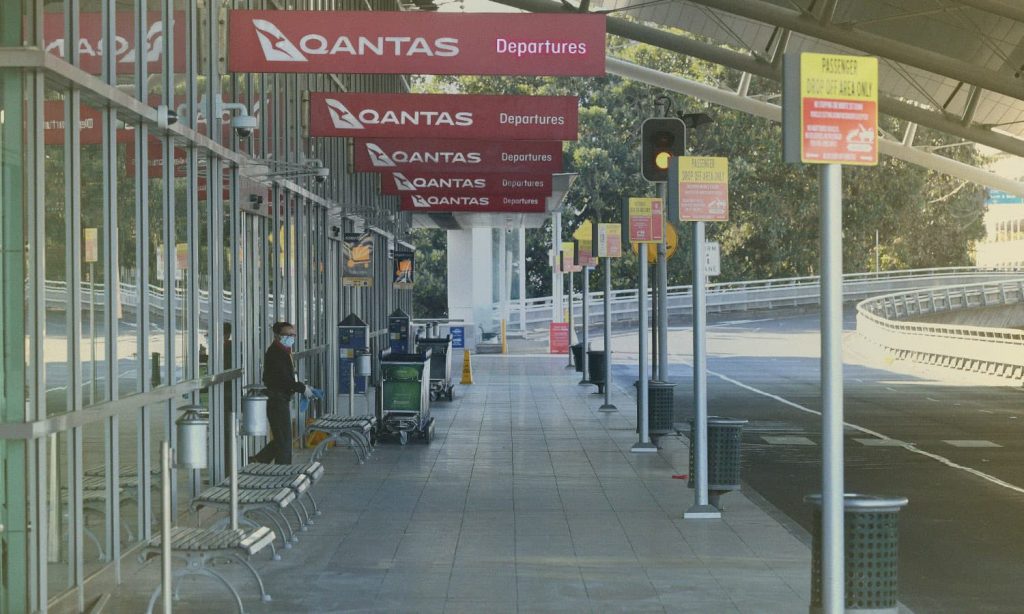Australia’s international borders are set to remain shut for a further three months as an extension of the ‘biosecurity emergency period’ is granted.
The emergency declaration put a stop to most international travel except for a few very select reasons (one of which appears to be ‘being a celebrity with tonnes of money’).
Federal government powers placed restrictions on overseas flights and cruise ships on 18 March 2020 due to the coronavirus pandemic. Periodically the ban is updated and extended and had been due this time to end on 17 September 2021.
Unfortunately, it has once again been extended by a further three months until 17 December.
Health Minister Greg Hunt has confirmed that the “human biosecurity emergency period” declared under the Biosecurity Act 2015 would continue to be enforced until at least December.
This means it will be 21 months since the country’s borders were slammed shut in the face of COVID-19.
However, this update to the ban could be different, as vaccination rates in Australia rise and the country looks seriously at life post-COVID.
While the rolling three-month ban remains largely a formality, the fact that it expires the day before Qantas expects overseas flights to resume could be more than a coincidence.
Qantas is now listing flights to Singapore, London, Los Angeles and Vancouver on 18 December, with other destinations including Tokyo and Honolulu appearing over the following week.
“It’s obviously up to government exactly how and when our international borders re-open,” Qantas Group CEO Alan Joyce cautioned when he revealed the new schedule last week.
However, he has said that the airline’s plans have been with the government “and they agree with our broad assumptions and agree that our plan is reasonable.”
International travel plans do hinge on Australia changing its approach to quarantine. Travellers would either need to be allowed to fly quarantine-free, assuming they are fully vaccinated or quarantine at home. There is also the possibility of extending quarantine-free travel, as seen between Australia and New Zealand.
While the government has previously hosed down optimistic plans from airline companies – who are, understandably, just as keen as we are to see passengers return – this current plan does coincide nicely with the governments own projections for opening up.
Australia is on track to reach an 80% full vaccination rate of over 16s by early November and this milestone is key to the government’s four-stage plan as it is at this point in which international borders could begin to reopen.
A statement issued by Hunt’s office that the extension of the ban until December “was informed by specialist medical and epidemiological advice provided by the Australian Health Protection Principal Committee (AHPPC) and the Commonwealth Chief Medical Officer.”
“The AHPPC has advised that the international COVID-19 situation continues to pose an unacceptable risk to public health. The extension of the emergency period is an appropriate response to that risk.”
The measures enacted under biosecurity emergency declaration include:
- Mandatory pre-departure testing and mask-wearing for international flights
- Restrictions on the entry of cruise vessels within Australian territory
- Restrictions on outbound international travel for Australians
However, the government has noted that these measures “can be amended or repealed at any time” – hopefully an indication that they may plan to repeal specific measures for certain countries to which we may be able to fly sooner rather than later.
Read more stories from The Latch and subscribe to our email newsletter.







